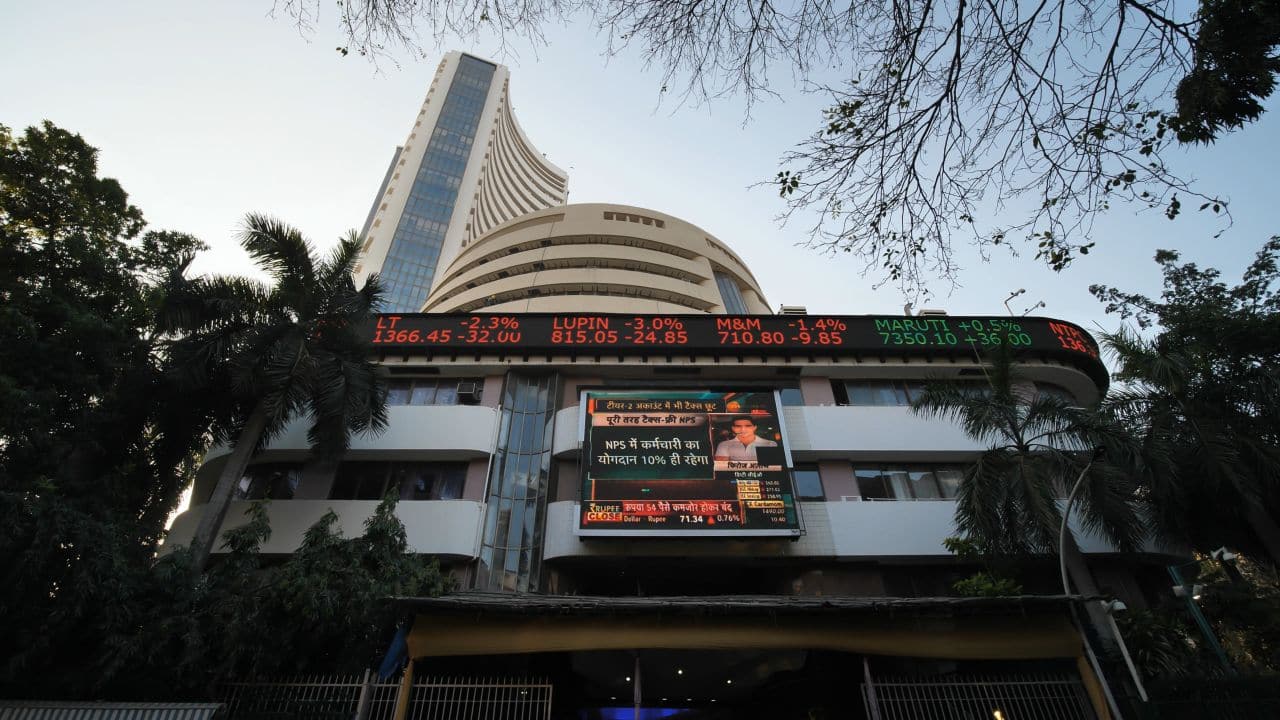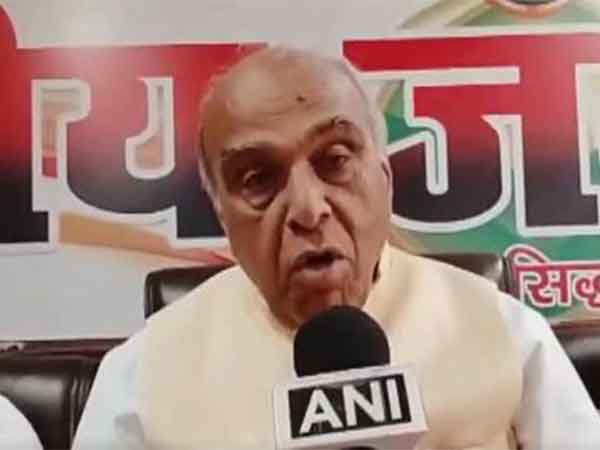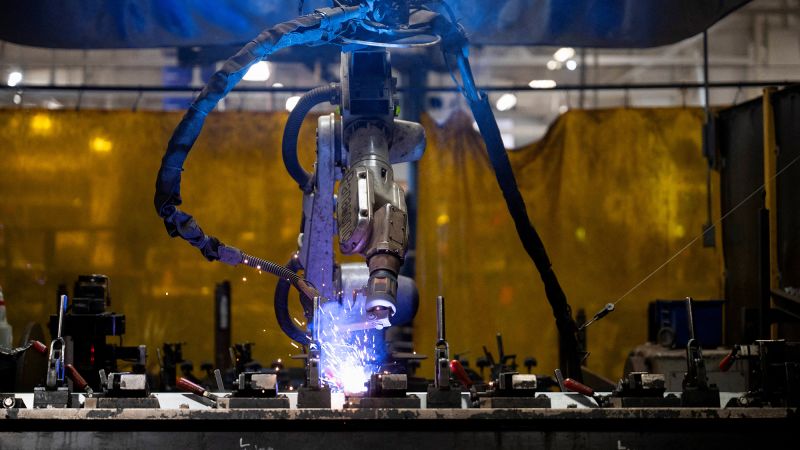The U.S. tariff blow to India is worse than expected, noted experts, adding that the blanket tariff of 26 percent applied across all Indian products could be highly negative.
A blanket tariff of more than twenty percent could impact India's GDP by more than 50 basis points, noted international broking firm Macquarie. India is in the process of negotiating a bilateral agreement with the U.S.

A 26 percent tariff could have a potential impact of $30 billion on India's gross domestic product (GDP), which would amount to about 0.7 percent of the $4.3 trillion GDP India's likely to have by the end of the calendar year 2025, as per the International Monetary Fund (IMF).
U.S. President Donald Trump unveiled global reciprocal tariffs at an event at the White House.
For India, the President announced 26 percent 'kinder' reciprocal tariffs . Despite US being a significant trading partner of India, Trump has termed the latter as a “tariff king” and “tariff abuser”. “India, very, very tough.
Very, very tough. The Prime Minister just left. He's a great friend of mine, but I said, ‘You're a friend of mine, but you’re not treating us right.
’ They charge us 52 per cent. You have to understand, we charge them almost nothing, for years and years and decades,” Trump said. Follow our market blog to catch all the live updates "The announced tariffs are more severe than anticipated.
While the market had expected the effective tariff rate to be in the high teens, the actual rates are now projected to be in the mid-to-high 20 percent range – possibly the highest we have seen in a century, a significant increase from the previous 2.5–5 percent levels," Arindam Mandal, Head of Global Equities at Marcellus Investment Managers said. However, brokerage were bullish on pharma firms, that bagged an exemption from Trump's reciprocal tariffs.
All pharma imports to the U.S. are exempt from reciprocal tariffs, according to a White House factsheet.
"Some goods will not be subject to the Reciprocal Tariff. These include copper, pharmaceuticals, semiconductors, and lumber articles," said the document. The Nifty Pharma index that had seen relentless selling pressure on exacerbated investor fears may see a bounce-back, noted Hong Kong-based brokerage CLSA.
Over the past six months, the pharma index tumbled nearly 10 percent in trade as the markets entered a corrective phase. Disclaimer: The views and investment tips expressed by investment experts on Moneycontrol.com are their own and not those of the website or its management.
Moneycontrol.com advises users to check with certified experts before taking any investment decisions..











_0.jpg?itok=Jn8RJQZW)




